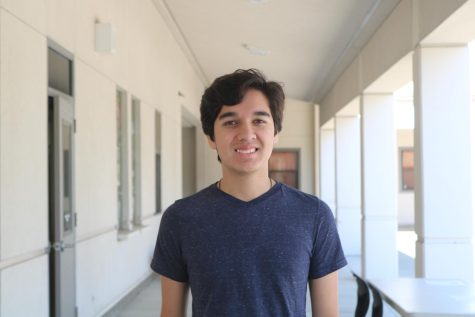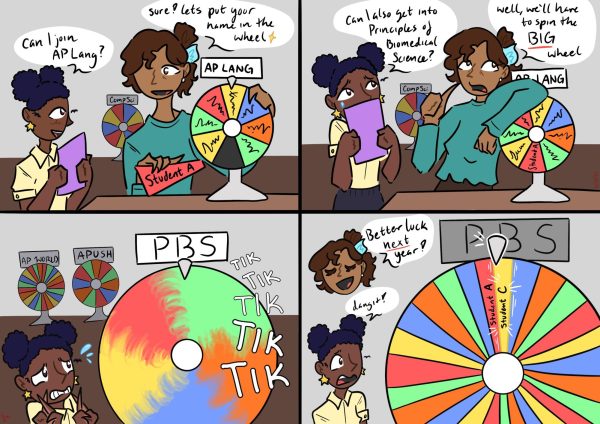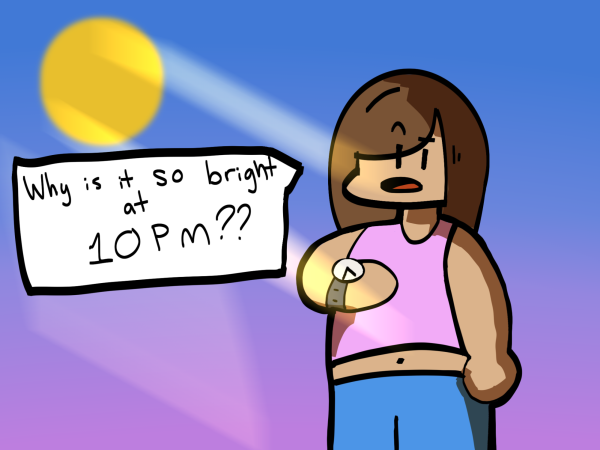Letters to the editor: District Ukraine email; Roe v. Wade
Editor – The email the school district sent on March 8 to caregivers and students at the high schools concerns me.
I am a peace lover and firmly believe it is innocent civilian lives that are lost in any war, whilst people in power remain safe with all their comforts.
I have been teaching at Cal High since 2006. In all the years I have been here I have never read any communication about any other war. A simple search shows dozens of wars that are either ongoing or have occurred since I started teaching here.
When American troops left Afghanistan, marking the formal end of the longest war in U.S. history, did the district recognize the catastrophic events that followed?
In September 2015, images of 3-year-old Alan Kurdi’s body washed up on shore were in every media outlet. Did the district address the war in Syria?
Then it is only fitting to ask why now? Are some lives more newsworthy than others?
I wrote my concerns to the superintendent. His response to my email: “We understand that we cannot comment on everything; however, our community definitely expects us to comment on some things. And then we have to consider whose voice and experience is being elevated and why. The process is actually not about being fair; if being fair means treating each situation in the same way.”
I am deeply disturbed by this response. Last year, I was asked to be a faculty speaker at the graduation ceremony. I said it then and I stand by it now: “It takes courage to speak up for injustice”. I believe in equality for all and strive for that. Cal High, does this communication from the district sit right with you?
– Ghazala Niazi, teacher
Editor – The abortion debate is reaching a climax because of the Supreme Court case Dobbs v. Jackson, which is about the constitutionality of Mississippi’s Gestational Age Act that bans abortion after 15 weeks of pregnancy.
Roe v. Wade establishes a right to abortion without any real evidence from the text of the Constitution, expands the court’s power beyond what it is supposed to do, and takes away the power of legislative choice from the people on abortion.
Both sides of Dobbs v. Jackson argued on whether abortion is a constitutional right, which was established in the Supreme Court case Roe v. Wade.
The case was decided on the basis that there is a “right to privacy” in the Due Process Clause of the 14th Amendment. The decision in Roe v. Wade followed the doctrine of substantive due process, which states that the courts should protect certain rights even if those rights are not stated, mentioned or implied in the Constitution. Substantive due process is flawed as it covers “rights” that are never in the Constitution. If we are to accept such a doctrine, any “right” can just be made up with no Constitutional basis.
At the time of the 14th Amendment’s adoption, there was absolutely no hint that would indicate that it protected the act of abortion, which existed at the time.
Though many argue that Roe v. Wade was just following the precedent of previous decisions, such as Griswold v. Connecticut that struck down a state law banning contraceptives on the basis of right to privacy, it’s clear that no matter the precedent, the actual decision lies on whether there is a “right to privacy” in the 14th that protects abortion.
No such right exists. The “right to privacy” originated in Griswold on the basis that there is an “emanation” in the Bill of Rights. This “right” of course is not enumerated in the Constitution. As Justice Rehnquist said in his dissenting opinion on Roe v. Wade, “To reach its result, the Court necessarily has had to find within the scope of the Fourteenth Amendment a right that was apparently completely unknown to the drafters of the Amendment.”
Many legal scholars see Roe v. Wade as judicial activism. Judicial activism is a judicial philosophy that holds that courts should consider societal impacts whenissuing rulings. This hurts our institutions by disregarding what is actually in the Constitution. Judges should interpret the law, not enforce their view of what is good for society.
The 10th Amendment states, “The powers not delegated to the United States by the Constitution…are reserved to the States respectively, or to the people.”
The people and states should be handling this problem and we’re being denied our right to handle it.We need our institutions to work correctly and the first step in doing so is to overturn Roe v. Wade.
– Ayaan Karan, junior

Senior Ayaan Karan is a reporter for The Californian. He loves writing and hopes to learn new things while at The Californian. His writing interests include...

